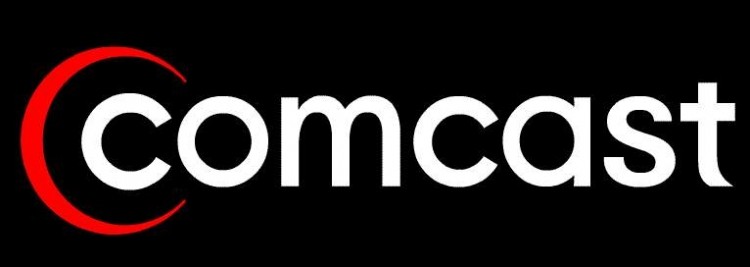Comcast, the nation's third largest internet provider, is unveiling a new feature that promises to provide Wi-Fi internet access from almost anywhere in the world. The system involves tapping into the personal routers of Comcast users, creating millions of public access points for Xfinity subscribers, as well as guests.
According to ReadWrite, current subscribers can access the network by simply inputting their username and password. Those who are not members of the Xfinity service will still be given some leeway - guests will be allowed two free one-hour Wi-Fi sessions per month, with the option to purchase additional internet usage by the hour, month, or even the year. Comcast believes that the new "home-based neighbourhood hotspot initiative" will provide an inexpensive alternative to smartphone cell signals, which can sometimes lead to hefty phone bills.
Despite the apparent advantages, there are still some drawbacks with this plan. First off, the Wi-Fi sharing network will only be effective in areas where plenty of Comcast users reside. In places where the population is thin, you should expect spotty coverage at best.
The second concern is how Comcast is going to differentiate between the homeowner's internet activity and that of an outside user. For example, if law enforcement uses IP addresses to identify those who download illegal content, could an innocent homeowner be tied to someone else's unlawful behaviour?
In response to this question, Charlie Douglas, the Senior Director of Corporate Communications at Comcast, assured his customers that the networks would indeed be separate.
"Account holders are only responsible for content that flows over their own Wi-Fi hotspot, not the neighbourhood hotspot. Having two Wi-Fi signals is actually safer for customers because they won't have to share their private network or passwords," added Douglas. Not only has the public been assured that everything is going to be alright, but the Comcast team has actually been testing the system since last year. Tests are ongoing in Pennsylvania, New Jersey, Northern Virginia, and Washington D.C.
This isn't the first time a company taps into residentail Wi-Fi to offer free and paid hotspots across cities. Spanish startup Fon has being doing the same for years, partnering with internet service providers like BT in the UK and SFR in France to embed the functionality on their routers. France's Free Mobile also opened up more than 4 million home wireless networks last year to offer free Wi-Fi hotspots to its mobile phone customers.
